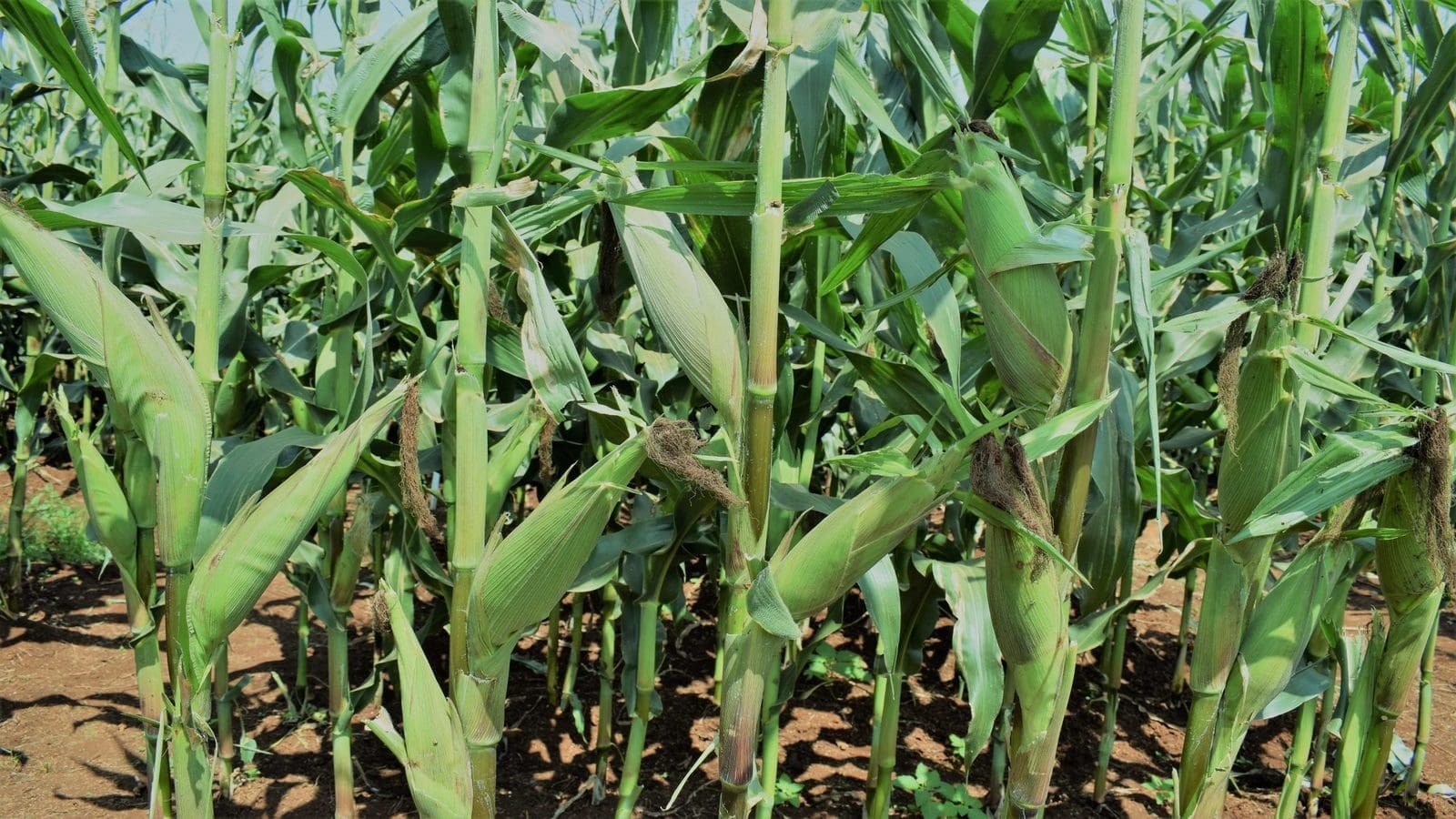NIGERIA – Specialists from the National Biotechnology Development Agency (NABDA) and the partnering host Godfrey Okoye University, Enugu as well as the National Biosafety Management Agency (NBMA) and Program for Biosafety, USA, have accentuated the need for the adoption of Genetic Modified Organisms (GMOs) technology to boost food production and sufficiency.
This was during a 1-day South East Biotech- Biosafety Sensitization Workshop themed “The Role of Biosafety Regulation and modern Biotechnology Towards Realizing Economic Diversification In Nigeria, held in Enugu.
The experts claimed that GM foods are safe and no more unsafe than conventional foods. They postulated that conventional food production cannot adequately cater for the growing population of Nigeria now hovering above the 200-million-naira mark.
The Vice-Chancellor of Godfrey Okoye University, Rev Fr Prof Dr Christian Anieke, who was represented by the institution’s DVC, Rev Sr Prof Sylvia Nwachukwu, said the university runs a GMO centre and laboratory that serves as a hub for other universities to tap, and over 200 secondary school students have been trained at the centre on genetics.
In his opening remarks, Prof Abdulahi Mustapha, the Director-General of NABDA noted that the workshop was part of on-going efforts to increase outreach and sensitization on modern biotechnology practice and biosafety regulation in agriculture in the country.
“Nigeria is currently at a crossroad in view of looming food crisis and this requires that all hands must be on deck to fashion out strategies on how to improve and boost agricultural productivity to guarantee food and nutritional security,” he said.
In the last decade, he said, scientists across the country have been working, seeking for solutions to the challenges confronting farmers especially as it relates to yield potentials of legumes, according to Nigerian Tribune.
“The difference between agricultural yield in Nigeria and other parts of the world is not only alarming but very disturbing. Our legumes are not performing according to their potentials, hence, the introduction of technologies to ensure that our quest for food and nutritional security is guaranteed,” he stated.
Poor agronomic practices a setback
Prof Abdulahi blamed absence of a coherent information system that keeps farmers abreast with latest development in the field of agriculture as the greatest setback for agricultural productivity, followed by the absence of good agronomic practices.
“However, the National Biotechnology Development Agency, where I head is a Federal Government Agency charged with the responsibilities of promoting biotechnology activities that positively respond to national aspirations on food security, job/wealth creation, affordable healthcare delivery, and sustainable environment,” he said.
The Director General pointed out that it is also the duty of the agency to make biotechnology an engine of growth for socio-economic development of Nigeria by promoting, coordinating, and deploying cutting-edge biotechnology research & development, processes, and products for the socio-economic well-being of the nation.
“We have been to other parts of the country to seek for collaboration with various stakeholders especially farmers, extension agents and media on the need for us as a country to embrace these new technologies to ensure the availability of quality food, improve farmers livelihood because of the bumper harvest they will be experiencing and more importantly attract the younger generation into farming,” he revealed.
Nigeria continues to emerge as a leader in Africa’s adoption of crop biotechnology, having thus far approved two crops for open cultivation, insect-resistant and drought-tolerant TELA maize , and Pod-borer resistant cowpea.
Liked this article? Subscribe to Food Safety Africa News, our regular email newsletters with the latest news insights from Africa and the World’s food safety, quality and compliance. SUBSCRIBE HERE








